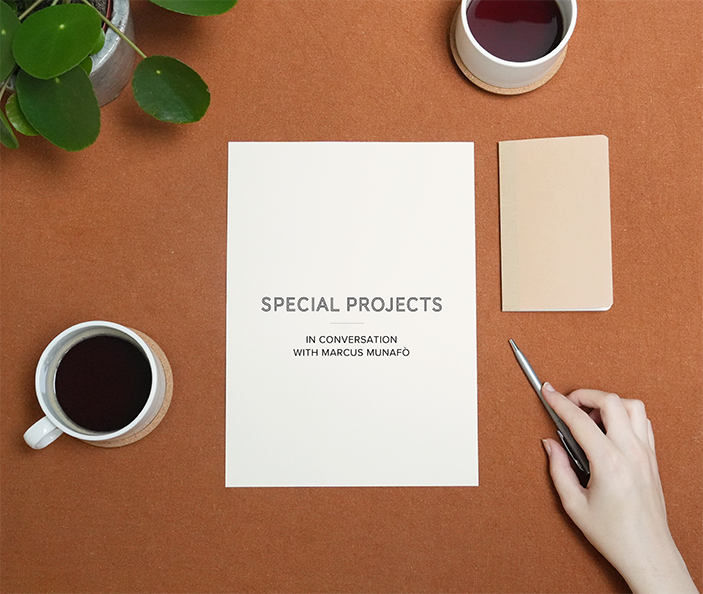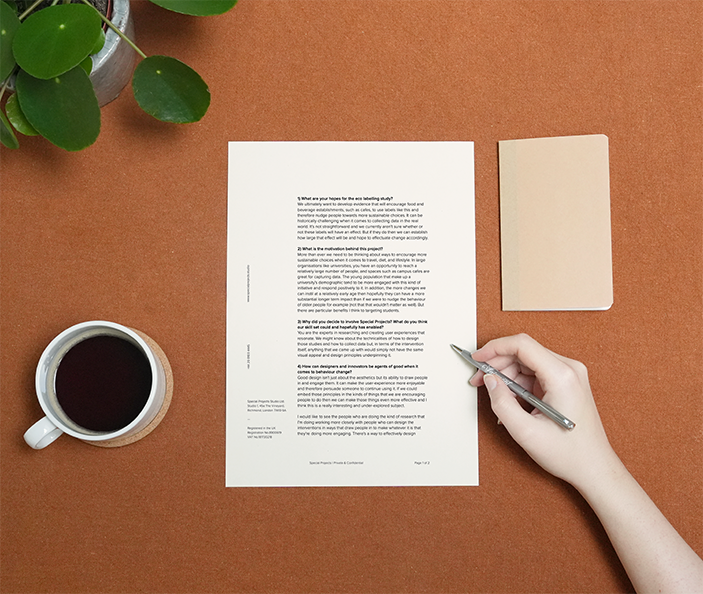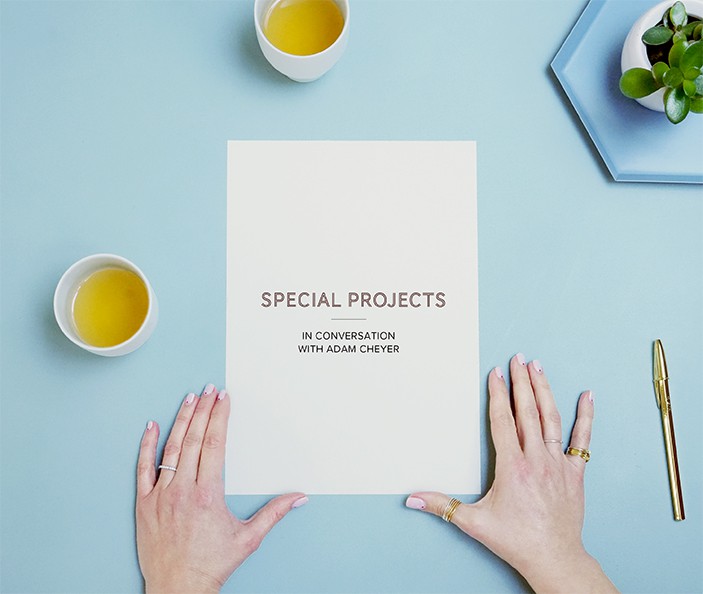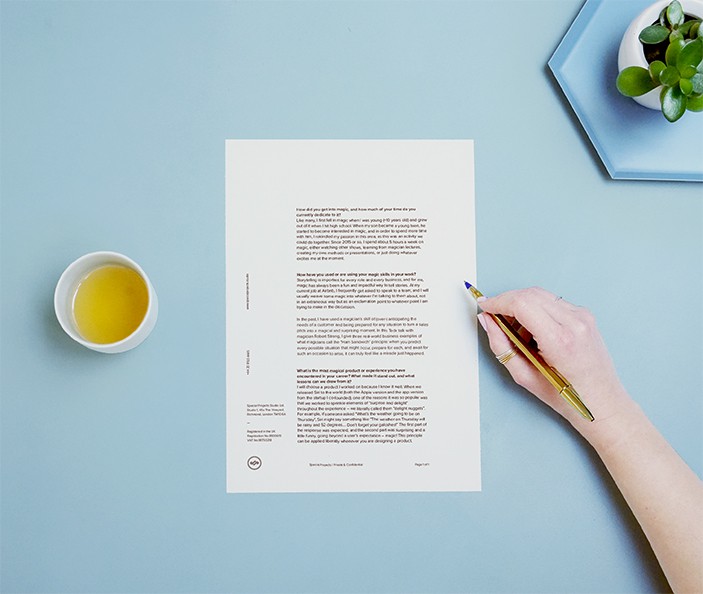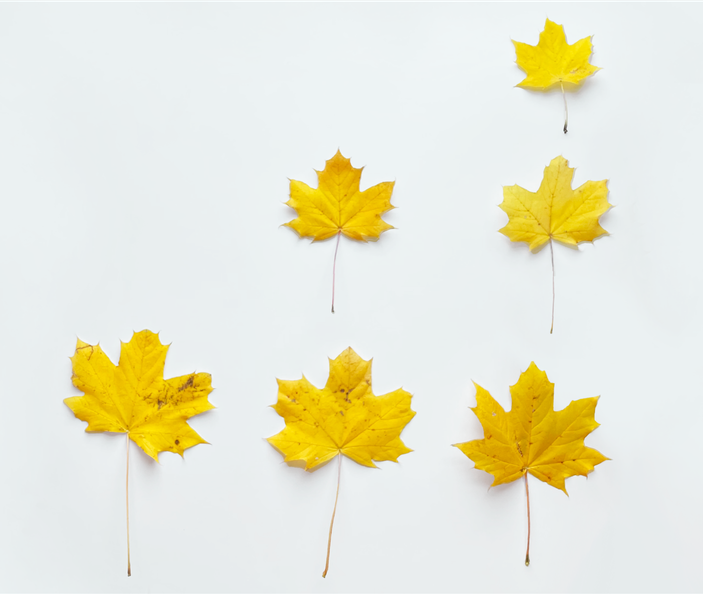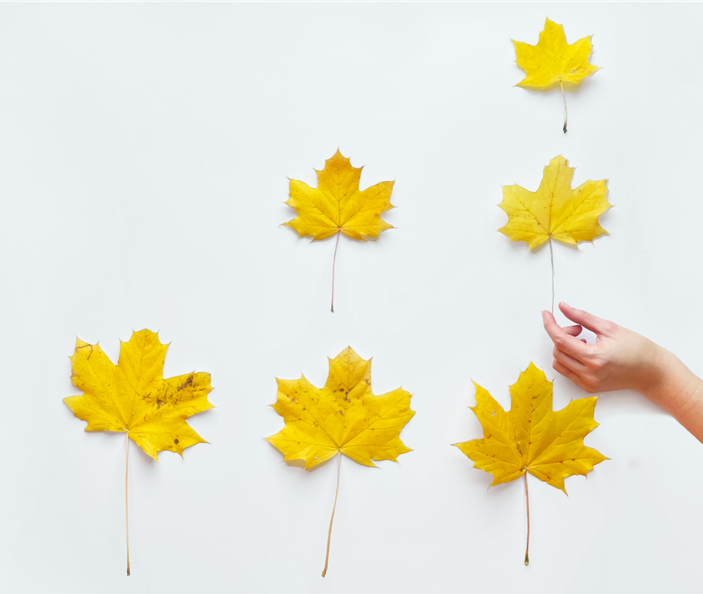In Conversation with Adam Cheyer
It’s quite rare that we get the chance to meet other designers and inventors with a background in magic, so you can imagine how excited we were when we met Adam Cheyer, a visionary technologist and innovator. His approach resonates deeply with our studio's mission to blend magic, humanity, and technology in crafting extraordinary user experiences.
As co-founder of Siri Inc. and former Director of Engineering in the iPhone group at Apple, Adam has played a pivotal role in bringing voice-activated AI to the masses, shaping the future of human-computer interaction.
With 39 patents to his name and a career spanning over three decades, he has consistently pushed the boundaries of what's possible in AI. From his groundbreaking work on Siri at Apple to leading the development of Samsung's Bixby as VP of R&D and now as VP of AI Experience at Airbnb, Adam has been at the forefront of creating technology that feels truly magical to users. He is a founding team member of Change.org, showcasing his commitment to using technology for social good.
What sets Adam apart is his unique background that extends beyond the tech world. As an award-winning magician who has performed for heads of state and on national television, Adam brings a perspective on user experience and innovation that is both visionary and enchanting. This dual passion has informed his approach to creating products that surprise and delight users, infusing the principles of magic into product design.
In our conversation, we explored how his background in magic has influenced his work in tech, the importance of storytelling, and how to craft experiences that leave users spellbound. Join us as we pull back the curtain on the magic of AI and discover how Adam Cheyer is shaping the future of technology, one wonder at a time.
As co-founder of Siri Inc. and former Director of Engineering in the iPhone group at Apple, Adam has played a pivotal role in bringing voice-activated AI to the masses, shaping the future of human-computer interaction.
With 39 patents to his name and a career spanning over three decades, he has consistently pushed the boundaries of what's possible in AI. From his groundbreaking work on Siri at Apple to leading the development of Samsung's Bixby as VP of R&D and now as VP of AI Experience at Airbnb, Adam has been at the forefront of creating technology that feels truly magical to users. He is a founding team member of Change.org, showcasing his commitment to using technology for social good.
What sets Adam apart is his unique background that extends beyond the tech world. As an award-winning magician who has performed for heads of state and on national television, Adam brings a perspective on user experience and innovation that is both visionary and enchanting. This dual passion has informed his approach to creating products that surprise and delight users, infusing the principles of magic into product design.
In our conversation, we explored how his background in magic has influenced his work in tech, the importance of storytelling, and how to craft experiences that leave users spellbound. Join us as we pull back the curtain on the magic of AI and discover how Adam Cheyer is shaping the future of technology, one wonder at a time.

Like many, I first fell in magic when I was young (~10 years old) and grew out of it when I hit high school. When my son became a young teen, he started to become interested in magic, and in order to spend more time with him, I rekindled my passion in this area, as this was an activity we could do together. Since 2015 or so, I spend about 5 hours a week on magic, either watching other shows, learning from magician lectures, creating my own methods or presentations, or just doing whatever excites me at the moment.
Storytelling is important for every role and every business, and for me, magic has always been a fun and impactful way to tell stories. At my current job at Airbnb, I frequently get asked to speak to a team, and I will usually weave some magic into whatever I’m talking to them about, not in an extraneous way but as an exclamation point to whatever point I am trying to make in the discussion.
In the past, I have used a magician’s skill of (over-) anticipating the needs of a customer and being prepared for any situation to turn a sales pitch into a magical and surprising moment. In this Tedx talk with magician Robert Strong, I give three real-world business examples of what magicians call the “Ham Sandwich” principle: when you predict every possible situation that might occur, prepare for each, and await for such an occasion to arise, it can truly feel like a miracle just happened.
I will choose a product I worked on because I know it well. When we released Siri to the world (both the Apple version and the app version from the startup I co-founded), one of the reasons it was so popular was that we worked to sprinkle elements of “surprise and delight” throughout the experience – we literally called them “delight nuggets”. For example, if someone asked “What’s the weather going to be on Thursday”, Siri might say something like “The weather on Thursday will be rainy and 52 degrees…. Don’t forget your galoshes!” The first part of the response was expected, and the second part was surprising and a little funny, going beyond a user’s expectation – magic! This principle can be applied liberally whenever you are designing a product.
The product needs to tell a simple story about what it is for, and then perform its function in some unexpected or marvelous way. Examples: Tesla Model 3: clean, fast, affordable. And then so much magic! Self driving. Insane acceleration that you didn’t expect when you drive it for the first time. The iPhone: An iPod. A phone. An internet Communicator. And then… multitouch pinch and zoom – “Works like magic.”

One of the most relevant quotes I’ve seen for both magical and product-oriented endeavors is from Maya Angelou: “ I've learned that people will forget what you said, people will forget what you did, but people will never forget how you made them feel.”
Of course, you need amazing technology to make a long term impact, but to create a game-changing product, the presentation of it also has to create wonder, desire and other powerful emotions. Most technology presenters would emphasize technological features of a product (e.g. number of gigabytes, storage capacity, speed), but consider how Steve Jobs used a magician-style presentation when introducing a new product:
“The iPod has always been about 1000 songs in your pocket. Have you ever wondered what this small pocket at the top of your jeans pocket is for?” Like a magician, Steve leads everyone to a conclusion that makes us gasp, “No way!” “Well now we know. Because this is the new iPod Nano.” (pulls the tiny product out of his upper pocket).
Within six months of the launch of Siri, with Apple’s primary product for sale being the iPhone 4S (the “S” stood for Siri), Apple broke every financial record for profit and margin, their stock price nearly doubled, and Apple’s market capitalization passed Exxon to become the largest in the history of the world. I believe the engagement people had with Siri was driven largely through the magical experience produced by surprise and delight, and this greatly impacted Apple’s bottom line. In addition to these tangible benefits, Apple added to its image as one of the coolest, cutting edge, most design-focused companies able to bring magical experiences to benefit their users. Often companies get put in a conceptual box by their users (would you buy a car from Folgers coffee? No, it hasn’t earned that credibility yet in the minds of the consumer). By bringing forth a magical product like Siri, this greatly expanded what a consumer might allow or want from Apple in the future. VR headsets? Sure! A car? Why not?
The best magical stage performance I’ve ever seen was by Las Vegas magician Xavier Mortimer. Many magic shows are fundamentally a magician standing on stage saying, “I fooled you. I fooled you. I fooled you again.” There’s no rhyme or reason to why we are seeing this random trick or that one. Xavier’s show, which left such a powerful impression on me, combined all of the elements we’ve talked about above: Surprise. Delight. A powerful storyline that brought us along an emotional journey filled with big moments, quiet moments, laughter, joy, wonder, beauty and love.

